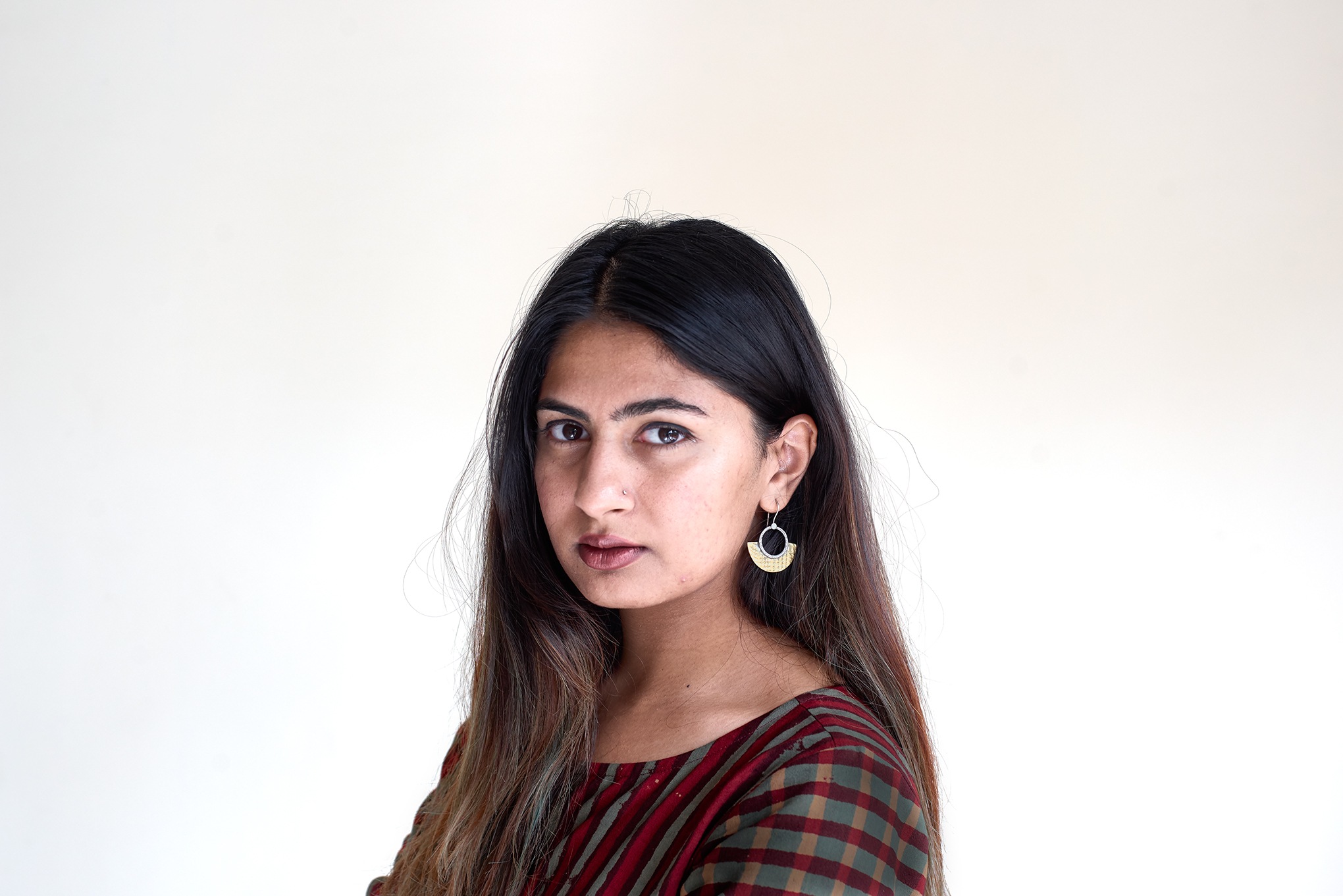It all began when Gurmehar Kaur decided to raise her voice. In February, she and other students at Delhi University’s Ramjas College decided to protest campus violence involving the Akhil Bharatiya Vidyarthi Parishad, a right-wing student organization linked to the Hindu-nationalist Bharatiya Janata Party, which rules India. She posted a photo of herself on social media holding a placard reading, “I am a student from Delhi University. I am not afraid of ABVP. I am not alone.”

As the image went viral, an earlier picture surfaced from an unrelated online campaign to promote peace between India and Pakistan. In it, Kaur held a placard about her father, an Indian army captain who had died fighting militants in the disputed region of Kashmir. “Pakistan did not kill my dad,” it read. “War killed him.” In the context of her challenge to the BJP-linked group, those were seen as fighting words.
Suddenly, Kaur was a target for online trolls and thrust to the center of a national debate on free speech and dissent in an increasingly nationalistic India. She was mocked by a leading cricketer and criticized by a Bollywood actor. Kiren Rijiju, a junior minister in Prime Minister Narendra Modi’s government, tweeted, “Who’s polluting this girl’s mind?”
In the months since, Kaur has been targeted with verbal abuse and death threats. But still she refuses to be silenced, and has a memoir, Small Acts of Freedom, that is due to be published next year. “Why should I keep quiet?” she says. “While I never asked for it, I was pushed to the forefront. I realized that people listen to what I say. And if I have something positive to say, why shouldn’t I say it?”
- The 100 Most Influential People of 2024
- Coco Gauff Is Playing for Herself Now
- Scenes From Pro-Palestinian Encampments Across U.S. Universities
- 6 Compliments That Land Every Time
- If You're Dating Right Now, You're Brave: Column
- The AI That Could Heal a Divided Internet
- Fallout Is a Brilliant Model for the Future of Video Game Adaptations
- Want Weekly Recs on What to Watch, Read, and More? Sign Up for Worth Your Time